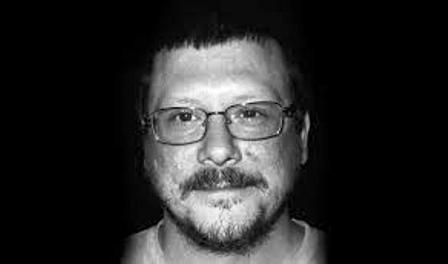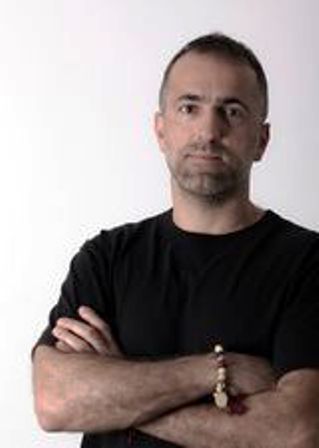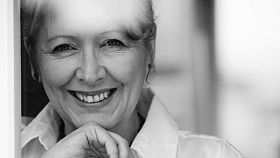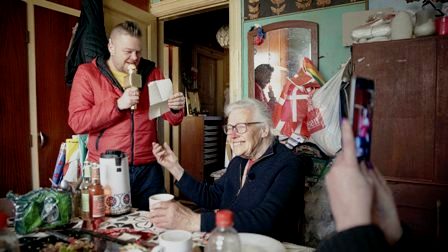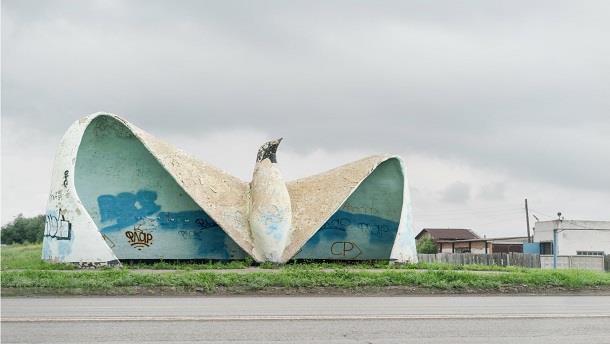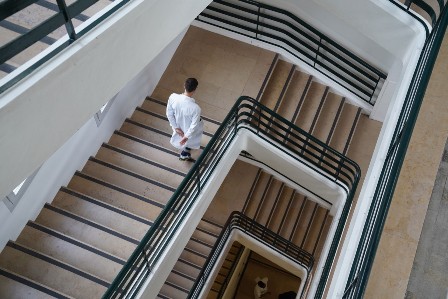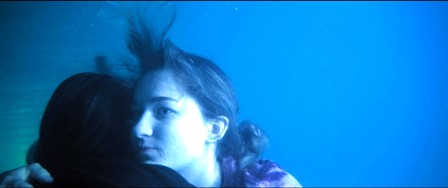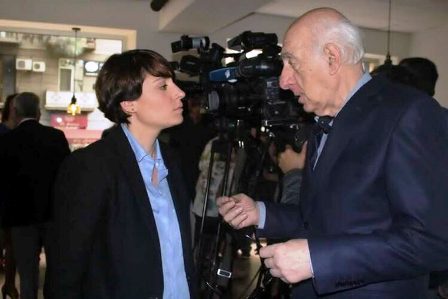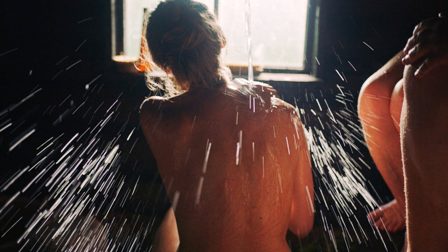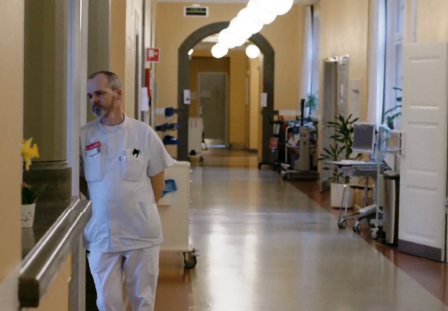


Anna Dziapsh-ipa: Self-Portrait Along the Borderl
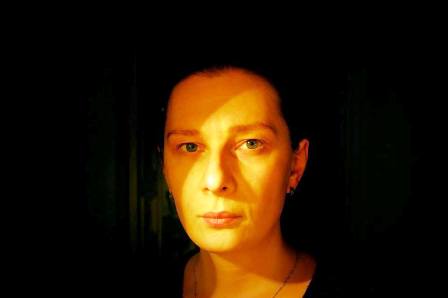
I’am in that weird situation that I have not seen the final version of a film that has its premiere tomorrow in Nyon in Switzerland in the presence of the director, a dear friend of me – and my wife – Anna, who we met the first time in Tbilisi way back in 2009 and since then have kept contact with. She presents herself as a filmmaker and visual artist, indeed she is, and she has done so much for Georgian documentary through the company Sakdoc that she runs together with Salomé Jashi. BUT back to her film that I will write more about when I have seen the final version. Here is the intro from the festival’s website:
“Anna Dziapsh-ipa was born of the union between an Abkhazian man and a Georgian woman. In Self-Portrait Along the Borderline, she skilfully weaves together unique archives and fragments to offer a personal and political biography of Georgia-Abkhazia relations. This vibrant exploration foregrounds a divided identity caught between the margins…”
After no success with festivals like IDFA and DOKLeipzig this fine autobiographical documentary essay finds its premiere at Visions du Réel in Nyon in Switzerland, where it will be shown tomorrow monday April 24, world premiere, and the director will be present.
I saw a rough cut long time ago and wrote to Anna: “Love it. It has humour, it has sadness, it is original in shape and has magic images taken by you, plus all the archive including those of yourself, I especially love the one where you look at the camera for a long time and then comes the smile…The spider methaphor, yes, I think it works, happy to have your grandfather so present, the man with the surname you carry (he was a famous football player!)… and your wedding, wow that was big, you use it perfectly…
If you are not in Nyon to watch the film, click below and watch the trailer, that is wonderful:
https://www.visionsdureel.ch/film/2023/self-portrait-along-the-borderline/
